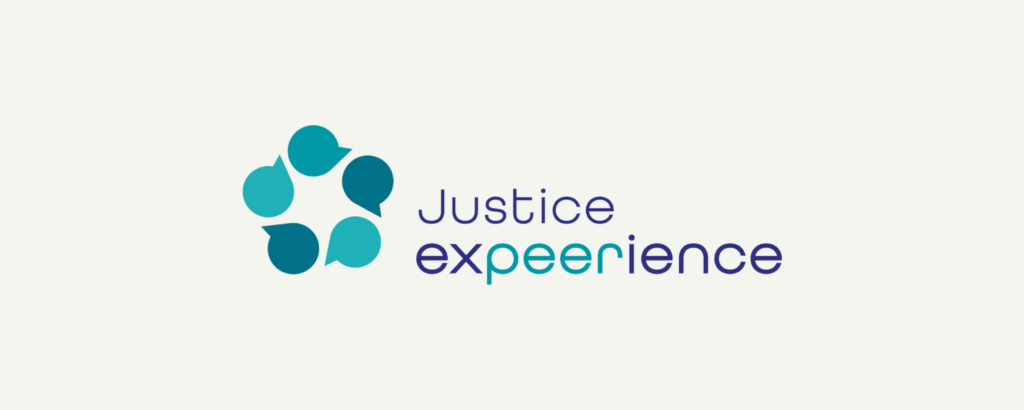
A network and a platform to promote human rights
Justice ExPEERience was launched in 2021 by Avocats Sans Frontières. Today, the network brings together over 800 members working in the fields of human rights defense, access to justice and the fight for social justice in some 50 countries. The network has a digital platform on which its members (jurists, members of civil society organizations, researchers, activists, etc.) can meet and exchange in communities of practice and collaborative workspaces. The digital platform is multilingual and secure, allowing members to share information, enrich their knowledge and collaborate on shared document libraries in public or private digital workspaces.
In 2023, Justice ExPEERience doubled its membership from 400 to 800, with an average of 200 users every week. Seven ExPEERience Talks webinars were organized this year to showcase the research and projects of Justice ExPEERience members and communities of practice, on topics ranging from
preventive detention in Uganda, the authoritarian drift in Tunisia, the decriminalization of poverty to the development of a digital tool to improve care for women victims of sexual violence in war contexts.
The ExPEERience Map
2023 also saw the launch of a new project within the Justice ExPEERience network: The ExPEERience Map. With funding from the D4D Digital for Development fund, ASF was able to launch this new project, the aim of which is to provide the network’s communities of practice with an easy-to-use tool enabling them to publish maps to showcase their monitoring work, and to raise awareness among both donors and the general public through accessible maps of human rights violations in different contexts and on different themes. For this project, ASF collaborated with the Belgian cooperative Atelier Cartographique, which provided our network with its Cartostation tool, making map creation accessible to people with no training in geographic information systems. A first map is currently being published on documented discrimination in Tunisia; and a second is being designed on the state of prisons and prisoners’ rights in Morocco.



